For the last several decades, the demand for organic food and beverages has been on the rise. Gone are the days when society became enamored of pre-made, processed foods. (Remember the fascination with so-called “TV dinners” when they became popular in the ‘60s and ‘70s? I know a lot of you are nodding your heads and fondly remembering enjoying Salisbury steak, mashed “potatoes,” peas & carrots, and a brownie, all served in one aluminum platter sitting on top of a TV tray. You know who you are.) While the freezer sections of today’s grocery stores are certainly still well-stocked with frozen foods, there has been a pendulum swing back to the days of families desiring and seeking out more farm-fresh foods.

But organic carries more meaning than just fresh from the farm. The simplest definition of what makes food -- or tea, in this case -- organic is that it was grown without the use of chemicals. No artificial chemical pesticides, fungicides, fertilizers or herbicides. Generally, these practices are used by small, independent tea farmers as growing tea organically requires more attention and labor than treating the tea plants with chemicals. Harney does buy from larger estates that are certified; often the smaller ones do not have the capacity to export their crops. When it is clear that a farmer is using traditional, time-tested methods of raising tea plants without chemicals, we know that tea is organic.
Another way to know if tea is organic is to have it certified organic by a recognized certifying agency. There are several well-known and respected agencies around the world; they may be a government regulatory agency or an independently certified agency. Here in the United States, organic tea certification is determined by the USDA. If you want to dive into the organic tea weeds of what it takes to be certified organic, you can read the USDA’s guidelines. Because we want you to keep reading our blogs, we won’t outline the many regulations here. We will note, however, that the USDA has various levels of “certified organic” including 100% organic, 95% or more organic, 70-95% organic and less than 70% organic. So “organic” doesn’t always mean 100% traditionally pure organic methods were used, although the USDA has made their regulations more stringent over the years.
Here at Harney & Sons, we generally aim at 95% organic certification, although some single origin (estate) teas are 100% organic. Having said that, you may wonder, “Why do farmers use artificial chemicals? Here’s why:
Artificial nitrogen gives more of the rare chemical to the plant. The plant needs nitrogen to make many things -- from chlorophyll to make energy, to proteins used to form the structure of the plant, to many of the flavors and mouth-filling body we adore. If there is too little nitrogen, the tea can be very thin.
Pesticides are used to increase the number of undamaged tea leaves plucked at their correct maturity. If pesticides are not used, often they are plucked earlier or there is some leaf damage.
So yes, we can avoid artificial chemicals. However, sometimes your tea suffers.

What Are the Benefits of Organic Tea?
Besides the obvious benefit of drinking tea that has not been exposed to artificial chemicals (noting, however, that there are 700 chemicals in a natural tea leaf), there are benefits to the farmers and to the environment as well.
As we discussed in our What Is Fair Trade blog, organic tea farming practices eliminate exposure of the workers in the fields to potentially harmful chemicals. These workers are often families living in communities on the tea plantations, so the impact could be widespread. When it comes to the environment, organic tea farming is sustainable and does not utilize non-renewable energy sources. It’s better for the soil as organic farming employs crop rotation and composting that keeps the soil more fertile and healthy. And organic farming helps keep nearby water sources clean since there is no toxic runoff from the fields.
So, What About Non-Organic Tea?
You might wonder, given all the benefits of organic tea, why you’d ever drink tea that isn’t organic -- and if it’s even safe to do so. The answer to that is a resounding yes! Here at Harney & Sons, we carefully source all our teas -- organic and non-organic -- from only the most reputable tea growers. Most of the non-organic tea that we buy is at least at the levels of the European Union level of Maximum Residue Levels (EU MRL). These are looked at each year and ensure any residue levels are very, very low. Non-organic teas, meanwhile, still carry the same health benefits, such as antioxidants, anti-inflammatory properties and the many other wonderful ingredients that are in many teas, whether they are organic or not.
In addition, organic teas and foods in general often carry a heftier price tag than their non-organic counterparts. As we stated, that’s because of the more intense labor required to farm organically. Also, when growing tea on a large scale, as many producers do, you can imagine it’s more costly to employ traditional organic farming methods, so that’s why you’ll generally find more non-organic teas than organic. (That said, we do buy large amounts of Certified Organic teas from large producers and are looking to increase that practice over time.) Finally, keep in mind that sometimes a product is labeled organic as a marketing gimmick when in fact it has not been certified organic by a recognized regulatory agency. Always look for an official Certified Organic seal to know what you’re buying is truly what it claims to be.
We’re committed to giving our customers the finest teas in the world, whether they are organic, kosher, Fair Trade or just wonderful, high-quality teas. We scour the globe, visiting all major tea regions and producers, from small independent tea farmers to large-scale productions, all to make sure what’s in your cuppa makes you smile.
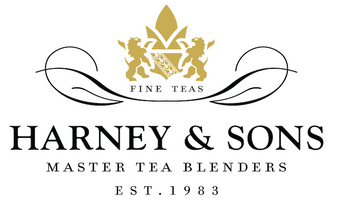

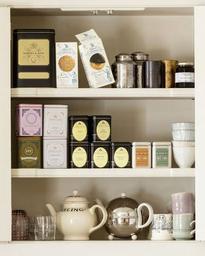

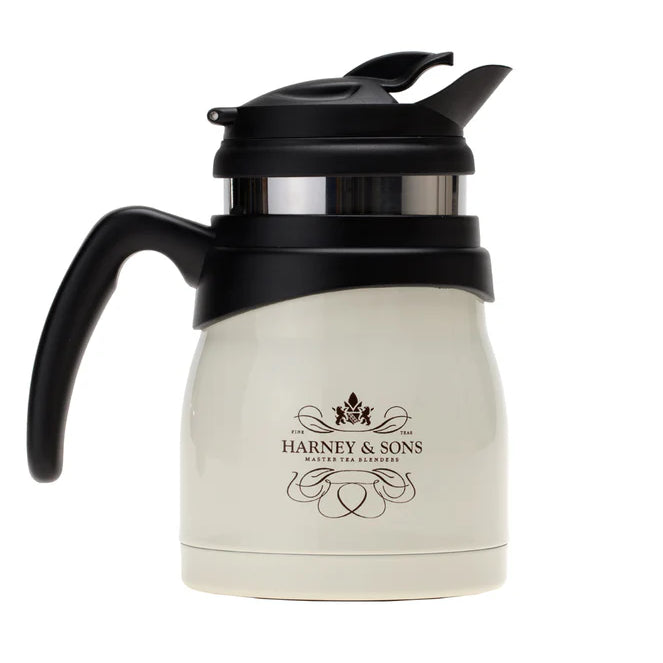
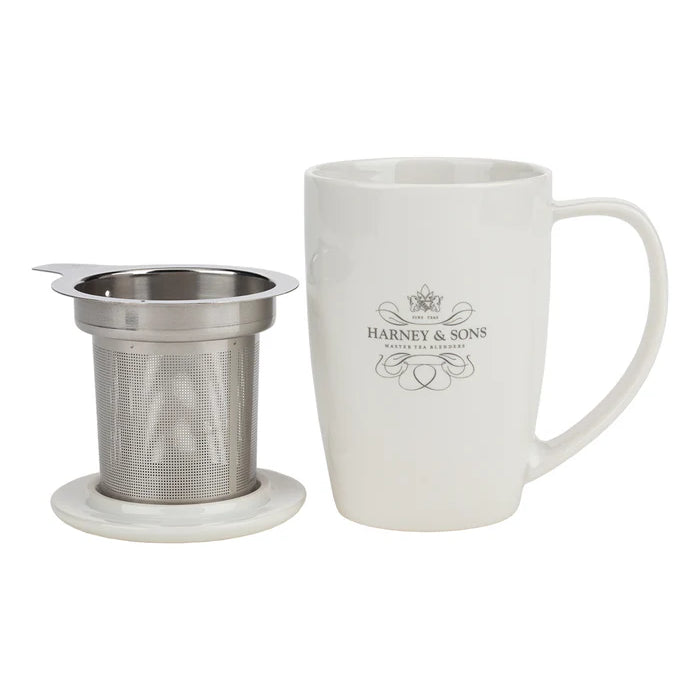
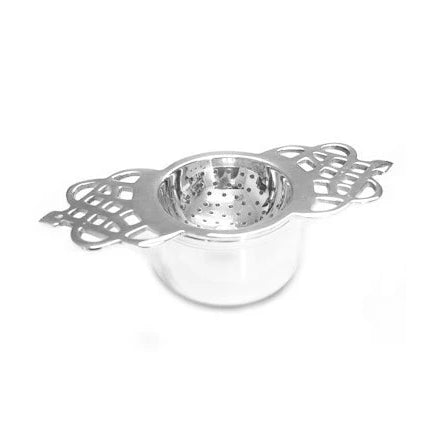
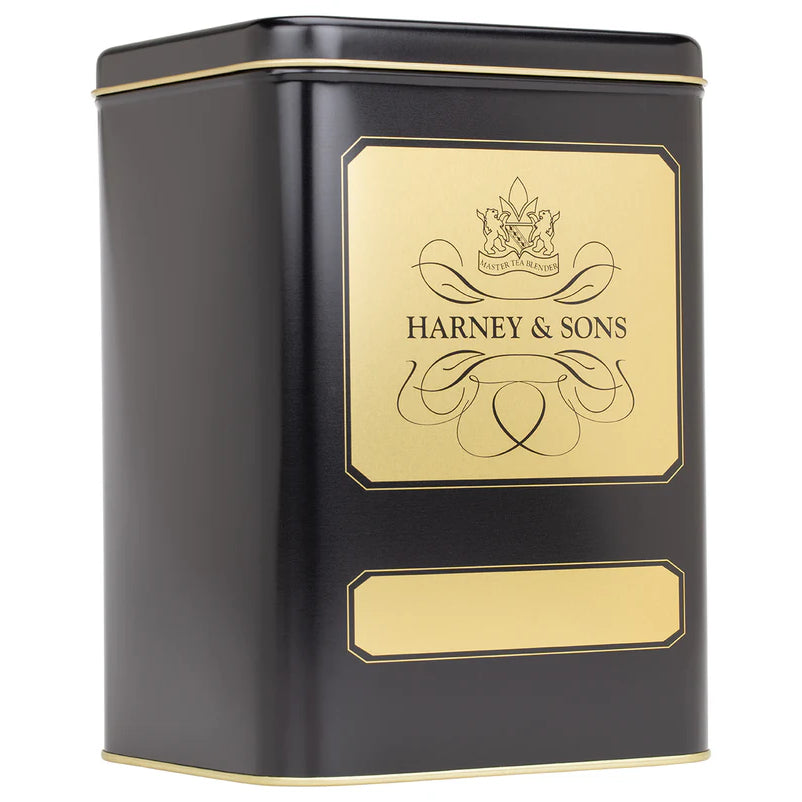
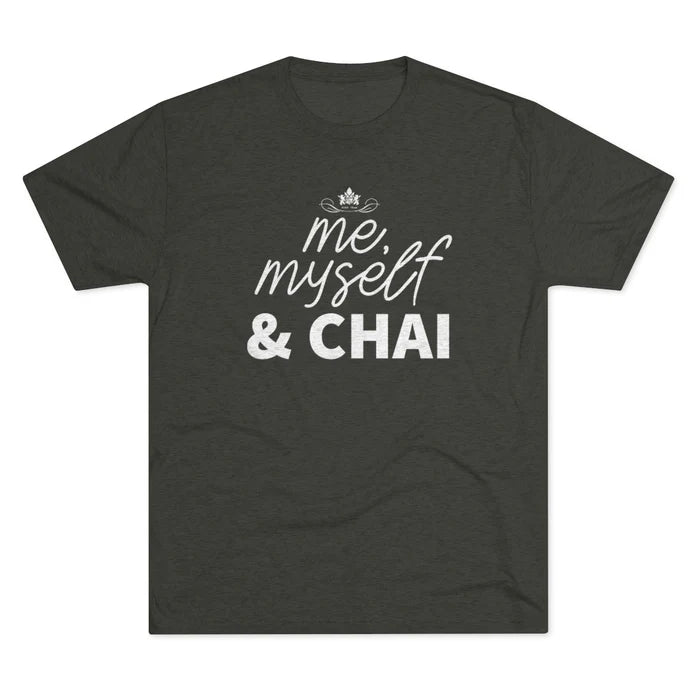

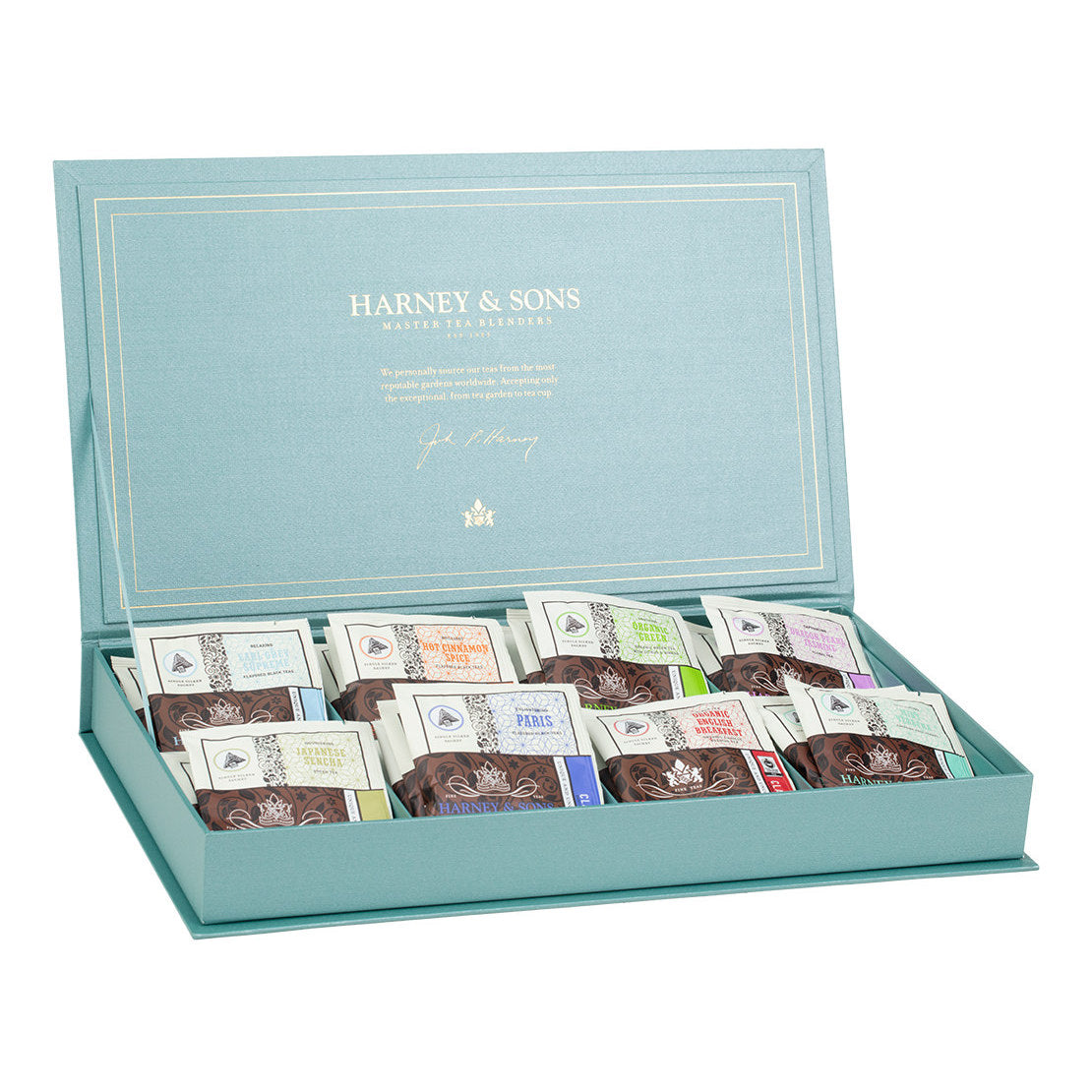
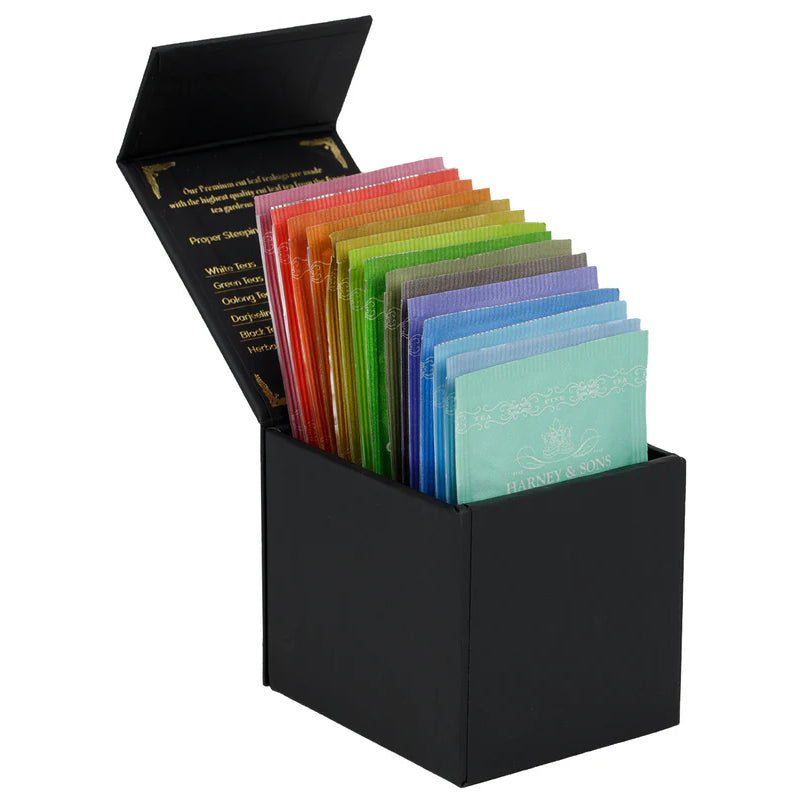

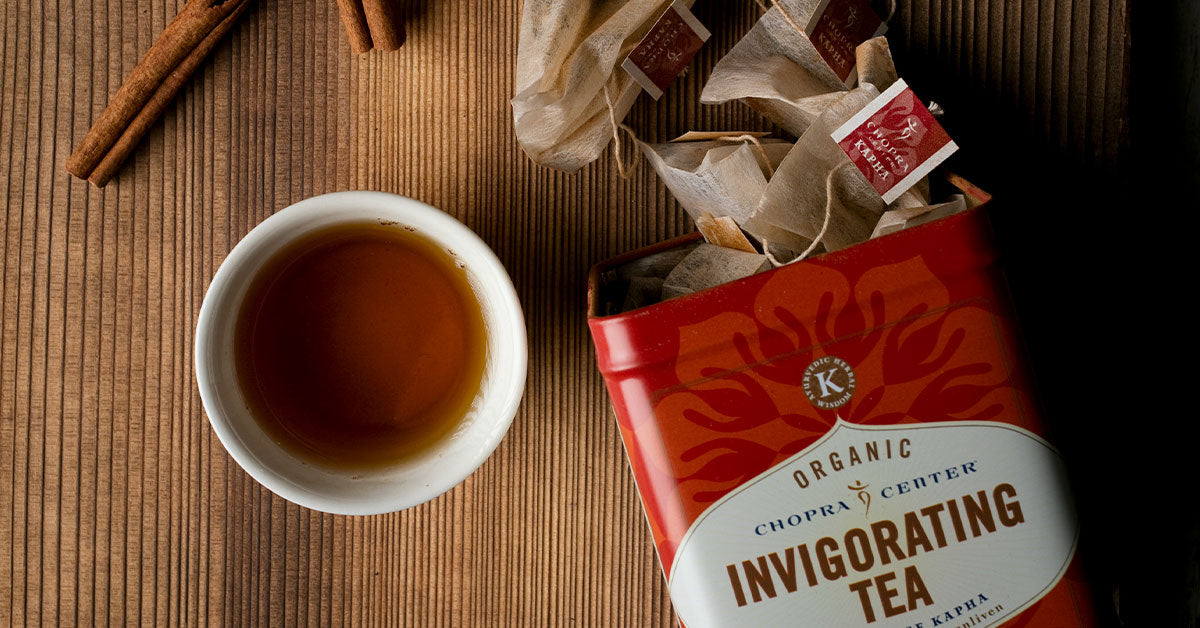
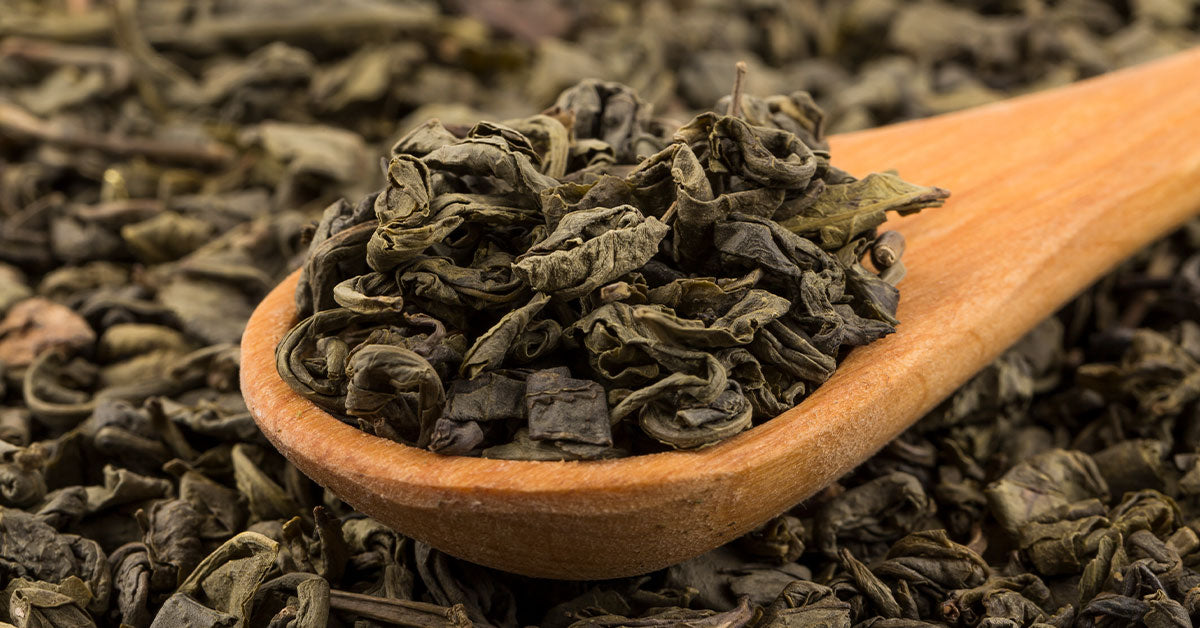

3 comments
Linda Wilson
Do herbal teas have the same health benefits, such as EGCG, as regular green and black teas? Also, same question about decaf teas? Does the decaffeinating process kill all the health properties of the tea?
Thank you. I just watched your You Tube video with Dr Li, loved it. I am going to order some tea, right now….can’t wait to get it.
Do herbal teas have the same health benefits, such as EGCG, as regular green and black teas? Also, same question about decaf teas? Does the decaffeinating process kill all the health properties of the tea?
Thank you. I just watched your You Tube video with Dr Li, loved it. I am going to order some tea, right now….can’t wait to get it.
Reva Prevette
What are Natural & Artificial Flavors?
What are Natural & Artificial Flavors?
James Fleming MD
Thank you for this update, we are striving to be a completely organic tea farm in South Carolina, from seeds to planting to harvesting fresh organic tea leaves.
This is a good reminder just how tough is to obtain organic certification!
Dr J
James B Fleming MD
Thank you for this update, we are striving to be a completely organic tea farm in South Carolina, from seeds to planting to harvesting fresh organic tea leaves.
This is a good reminder just how tough is to obtain organic certification!
Dr J
James B Fleming MD